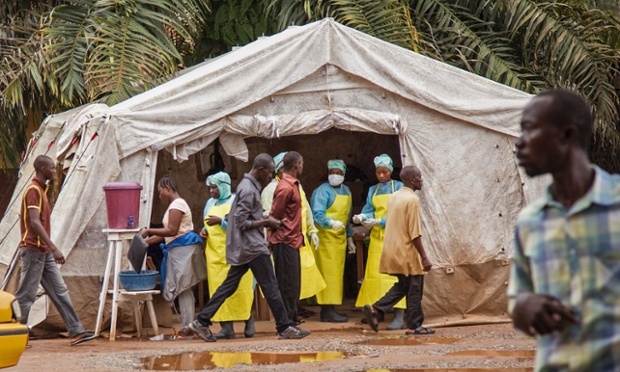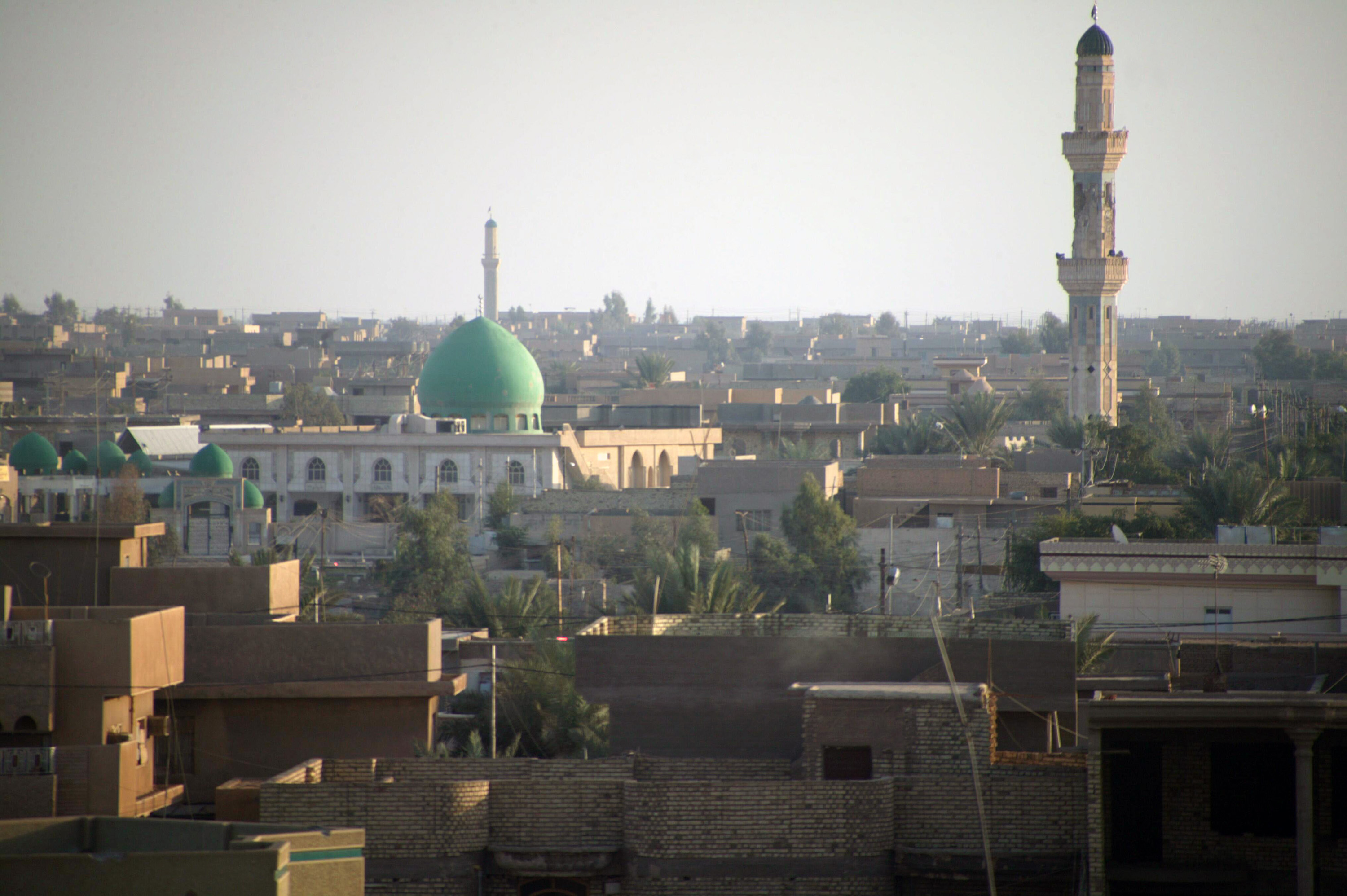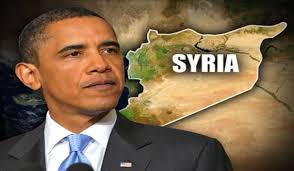In recent years, West Africa has had its fair share of security risks. The growing threat of militant Islamic extremists, along with the outbreak of Ebola which has plagued the region and killed thousands, has forced big companies to analyze the security risks associated with investing in the mineral-rich region.

Global Risks Atlas, a UK-based consulting firm, has undertaken an in-depth study of West Africa, in order to advise international companies if the benefits derived from investing in the region outweigh the risks. By analyzing various “global risks” including security levels, climate change concerns, the spread of disease and macroeconomic risk, Global Risks Atlas has concluded that many countries in the region are especially risk-prone and therefore companies investing in such regions should do so with extreme caution. The countries listed as being the most volatile include Cote d’Ivoire, Guinea, Sierra Leone, Gambia and Tango.
Mining is among the most lucrative industries in West Africa. The outbreak of the fatal Ebola virus has thus been a cause of great concern for many major mining firms, who have become so dependent on the profits acquired from the mining industry, that shutting down a mine site is a choice that cannot easily be made. Although none of the mining firms operating in West Africa have reported any of their staff falling ill from the virus, a number of such firms have announced plans to implement preventative measures to keep their employees safe. Such measures include reducing their access to the mining sites, monitoring all staff members by intense screening, to detect early signs of infection, and terminating any non-essential work.
Although many mining projects have been able to continue without delay, not all companies have been so fortunate. ArcelorMittal, responsible for producing iron ore in Liberia, announced in August, 2014, that it was forced to bring an end to its projects due to health concerns for its employees. The company is also taking further precautions in Sierra Leone and Nigeria, with strict control over the movement of its staff.
Lansana Fofanah, a senior economist in Sierra Leone’s Ministry of Finance and Economic Development, commented on Ebola in Sierra Leone, and noted that the impact of the virus in terms of iron ore revenue has had dramatic consequences, and that job loss for mining staff is a definite possibility. Fofanah added that “iron ore is responsible for the country’s double digit growth since 2011 until the Ebola outbreak.” As the price of iron ore continues to plummet, mining companies such as London-based African Minerals Ltd.have faced a brutal hit in their stock prices, having dropped 92 percent in 2014 alone.
The overwhelming impact of Ebola will test the economic fate of many West African nations should the disease continue to spread and force further mining companies to reevaluate their presence in the region. While the international community is heavily reliant on the mining industry, extreme security risks could force a break in the partnership between mining companies and the mineral-rich regions in West Africa, creating economic concerns and adding to the complexity and challenges associated with the disease. Samantha Di Santo




